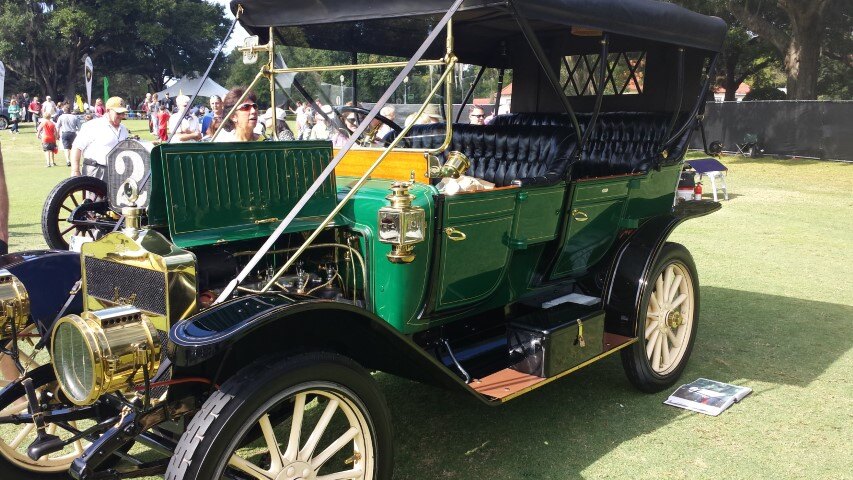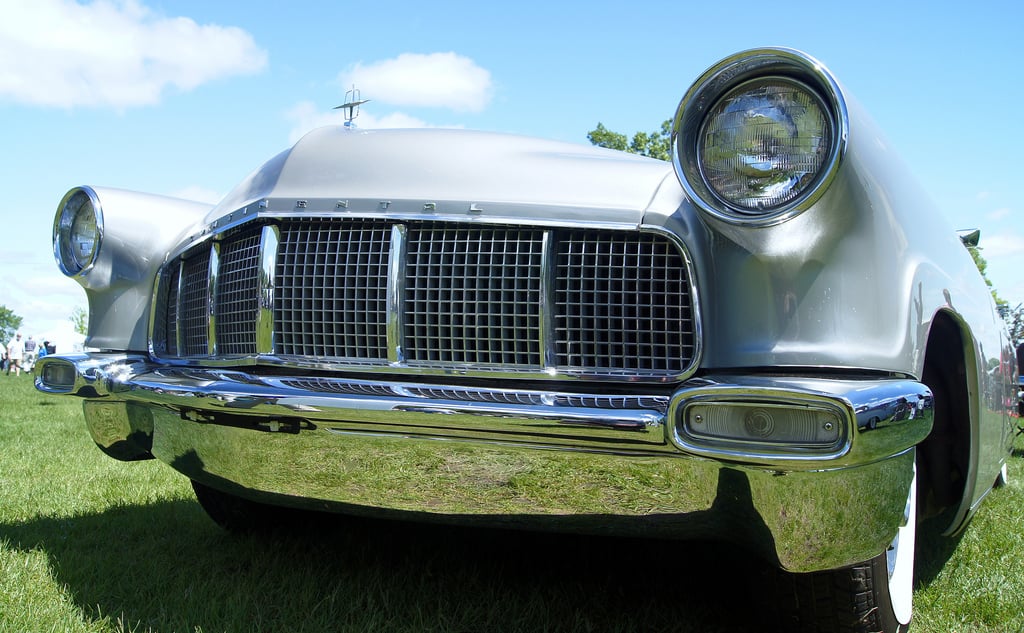1 min read
Little known cool facts about Concours classic cars
Bell Performance is going to be heading over to Winter Park, Florida for November’s Concours D’Elegance car show. One of the largest and most...
.jpg.jpg?width=1200&height=630&name=Henry_Fords_Garage_(and_more).jpg.jpg)
The name Henry Ford stands among the giants of the giants in American industrial history, alongside figures like Getty, Rockefeller and Vanderbilt.
 Names lost to history, known now mostly by the companies and institutions they founded. But history shows us, time and again, that people are so much more than just the images they project to the viewing public.
Names lost to history, known now mostly by the companies and institutions they founded. But history shows us, time and again, that people are so much more than just the images they project to the viewing public.
So with that in mind, we figured to spin a few tales about Henry Ford and how he became the father of the U.S. auto industry.
History remembers Henry Ford for the Model T. But that was not the first car he built, nor was it the car that started the auto industry. People were making "horseless carriages" since the 1890s. Indeed in 1896, Henry Ford built his first gas-powered car in his garage on Bagley Street in Detroit. Problem was, when he finished it was too big to fit through the door of the garage. With no way to get it out to drive it, Henry Ford smashed open the brick wall of his garage so that he could take it for a drive.
Remember, again, Ford didn't make the first car, and he wasn't the first to mass produce them. But he WAS the first to come up with this vision of "cars for the multitudes". The steps he took to implement this vision are what changed America forever. Yet, you'd think everyone would love this idea of a car make available for the average person. But many experts scoffed at Ford's very idea. In fact, President Woodrow Wilson poo-poo'd the whole idea, calling it "the new symbol of wealth's arrogance". Can you imagine? A car for the average man is just a symbol of the arrogance of wealth? One thinks President Wilson must been trying to hold on to his horses.
One lesson we can take from Ford's experiences is that anyone who's trying to promote an idea that is revolutionary will always meet resistance. It wasn't easy for Ford and he was fought at every step by people who thought his ideas were just a dead end. He couldn't get funding for his business as he was developing it. We have this idea that giants like Ford just kind of fell into their success. But he had to build his business and his idea just like everyone else. Luckily for us, being thrown out of office after office in Detroit didn't cause him to stop, and he was able to start Ford Motor Company in 1903.
A while back, we wrote a blog about Henry Ford's grandson Bill Ford Jr. and how his Continental Mark II car permeated Ford Motor Company with an idea that quality was the name of the game. He must have gotten that from his grandfather. Because while Henry was always price-conscious, he also always insisted that a great product was paramount above all else.
For example, one time he heard that the French built racing cars using vanadium steel - the strongest steel available. Ford knew he had to have it for his cars, but nobody in America knew exactly how to make it. Did that stop him? Of course not. He hired an immigrant from France and brought him over to Michigan, had him build an entirely new steel mill, and start making his own supply of vanadium steel. But it didn't stop there. Vanadium steel is really strong, but you don't need that kind of strength everywhere in the car. Ford actually used twenty different kinds of steel, with different qualities like elasticity and durability. It was this attention to detail that helped make Ford cars the best.
Henry Ford's biggest influences on the industry came through his ability to lower the cost of his cars while simultaneously increasing production and expanding business. When the Model T came out in 1906, it was priced at $850. Most other cars at the time cost about $2000. And it was a complete shift away from how everyone else thought about cars. The auto industry catered exclusively to people who liked to race cars (going 35 mph, I'm sure). It didn't think about the average working stiff and what they could buy, because they were never going to be able to afford a $2,000 car. Suddenly the Model T appears as a no-frills breakthrough that isn't fancy, but gets people from Point A to Point B in one piece and for 40% of what everyone else was charging.
Naturally, Ford sales went through the roof. And this meant.....Ford could cut the price of his cars even more. In 1906, all the Ford models were selling about 8,500 cars a year. The Model T comes out and sales more than double to 18,000 a year. Over the next five year, from 1908-1913, Ford actually cuts prices from $850 to $600, and Ford sales go from 18,000 to 168,000 (!), and again to 234,000 the following year. Ford just kept cutting prices to make this new innovation available to more and more people. While others were pricing themselves out of the market from the start, Ford really was pursuiing his dream of "a car for everyman".
So what can we take away from the story of Henry Ford? There's so many more cool stories we can take away from his life, but we're writing a blog here, not a novel. From our point of view, the biggest takaway here is how he went against the flow and achieved his goal of making this modern marvel accessible to the working class. Imagine how that changed American society and the American work force.
Photo Credit / Creative Commons / No Changes Made

1 min read
Bell Performance is going to be heading over to Winter Park, Florida for November’s Concours D’Elegance car show. One of the largest and most...

March 9th, 2014 marked the passing of William Clay Ford, Sr., at the age of 88. He was the last remaining grandchild of Henry Ford; sports fans might...
For over fifty years, General Motors dominated the US auto industry with a market share of around 50%.